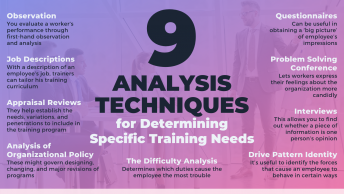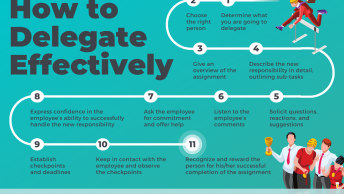All parents want their children to be happy, well-adjusted, and successful, but as a parent with an Attention deficit hyperactivity disorder (ADHD) child you have to be more than a good parent—you have to be a great one because you’ll have to create a calm home environment and help your child overcome any social stigma attached to the ADHD label.
So, how do you transition from a good parent to a great one? Adjust your parenting style, the way you interact with your child.
Here are seven simple, straightforward, and highly-effective strategies:
1. Consider the benefits of medication.
Is medication necessary? If your child was asthmatic, the answer would be obvious. You would need medication to help your child breathe. Similarly, if your child has ADHD, medication will help them regulate their behavior.
Adderall is most commonly prescribed for ADHD. Because it treats both ADHD and narcolepsy, it stimulates certain portions of the central nervous system that govern hyperactivity and impulse control. It will help your child focus on completing tasks, concentrate better in school, and adapt to the environment.
Still, Adderall XR cost can run high. How do you cope, especially if you have a limited budget? If you don’t have insurance, then search for pharmacy prices that will let you save on medications. For instance, Amphetamine or Dextroamphetamine is a generic version of Adderall that can help you start saving money on prescription medication.
2. Use positive reinforcement.
Although medication will make a huge difference, it’s not the entire solution. You also need to build up your child’s self-esteem with positive reinforcement. In other words, send a clear message that you believe in your child’s potential talents, skills, and abilities. This belief will encourage them to try to live up to your expectations.
3. Correct in a gentle way.
When you need to correct behavior, begin by talking about what they have done well and suggest–rather than demand–that they do things in a different way. Your primary job description as a parent is to be accepting and supportive. Make corrections in a kind and gentle way rather than in an angry, threatening, or exasperated way.
4. Don’t express doubts about your child’s capacity to become a happy adult.
Avoid the use of negative motivation. What you think of as “motivation through constructive criticism” can have the opposite intent, causing your child to spin into a cycle of self-doubt and insecurity.
5. See the hidden gifts in ADHD.
The bright side of ADHD is intense curiosity, boundless energy, and untapped creativity.
A perfect example of someone who has been able to redirect high energy is Michael Phelps who became the most decorated Olympians in history. He turned to swimming as a way to manage his ADHD.
An example of someone who has used curiosity and creativity to get to the top is Sir Richard Branson. ADHD didn’t stop him from becoming a billionaire and it didn’t prevent him from owning his own airline. Currently, he is working on futuristic projects like space tourism and developing an underwater airplane.
6. Buy your child toys that align with their restless energy.
Finding toys like fidget spinners is a perfect way to maintain their interests during playtime and it’s also easy on your budget.
7. Don’t get discouraged by other people’s opinion about your child.
As a parent, you’ll often run into people who will try to undermine your ability to build up your child’s self-confidence. School authorities, for example, are quick to complain that your child is a slow learner and unmotivated by school.
If you take these comments at face value, then it will certainly make you feel pessimistic. However, what’s really going on is that the plodding pace of school work is far too slow for your child. Your child wants to learn in an active way through exploration and hands-on experience.
Schools are designed for passive learners, children who don’t mind sitting for hours listening to lectures and then going home to spend more time reading books. Your child is neither slow nor unmotivated; he or she just has a different way of thinking and learning.
Be a Great Parent
How do you raise a child who has been diagnosed with ADHD? You have to be more than a good parent; you have to be a superb one. Implementing these seven strategies will be a good start.













